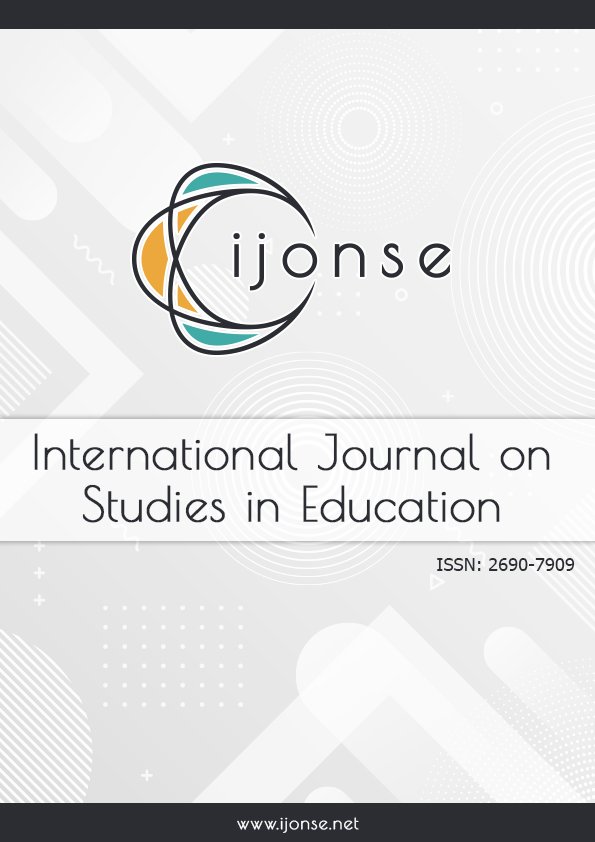Evaluating the Effectiveness of AI-Powered Adaptive Learning Systems in Secondary Schools
DOI:
https://doi.org/10.46328/ijonse.264Keywords:
AI-powered adaptive learning, Educational outcomes, Saudi Arabia, Secondary schools, Student learning, Student engagementAbstract
The main aim of this research was to evaluate the effects of an AI-based adaptive learning system in increasing the learners' accomplishment in Saudi Arabian secondary schools. To ensure authenticity of the research, the study employed a quasi-experimental approach in which two schools and 40 students were employed to assess the impact of the adaptive learning intervention on the students' learning, engagement and attitudes. The findings showed that the use of the AI system improved students' performance, especially in terms of low performers and student satisfaction. However, at the same time, the study highlighted the problems associated with technological enhancement, the teachers' readiness, and the students' information technology literacy that have to be addressed to enhance the efficient and equitable use of such technologies in learning. This study can benefit Saudi Arabian policymakers and educators by enabling them to optimize the application of AI-based adaptive learning for the improvement of the educational system.References
Alenezi, A. (2024). Evaluating the effectiveness of AI-powered adaptive learning systems in secondary schools. International Journal on Studies in Education (IJonSE), 6(4), 686-700. https://doi.org/10.46328/ijonse.264
Downloads
Published
Issue
Section
License
Articles may be used for research, teaching, and private study purposes. Authors alone are responsible for the contents of their articles. The journal owns the copyright of the articles. The publisher shall not be liable for any loss, actions, claims, proceedings, demand, or costs or damages whatsoever or howsoever caused arising directly or indirectly in connection with or arising out of the use of the research material.
The author(s) of a manuscript agree that if the manuscript is accepted for publication in the International Journal on Studies in Education (IJonSE), the published article will be copyrighted using a Creative Commons “Attribution 4.0 International” license. This license allows others to freely copy, distribute, and display the copyrighted work, and derivative works based upon it, under certain specified conditions.
Authors are responsible for obtaining written permission to include any images or artwork for which they do not hold copyright in their articles, or to adapt any such images or artwork for inclusion in their articles. The copyright holder must be made explicitly aware that the image(s) or artwork will be made freely available online as part of the article under a Creative Commons “Attribution 4.0 International” license.

This work is licensed under a Creative Commons Attribution-NonCommercial-ShareAlike 4.0 International License.





